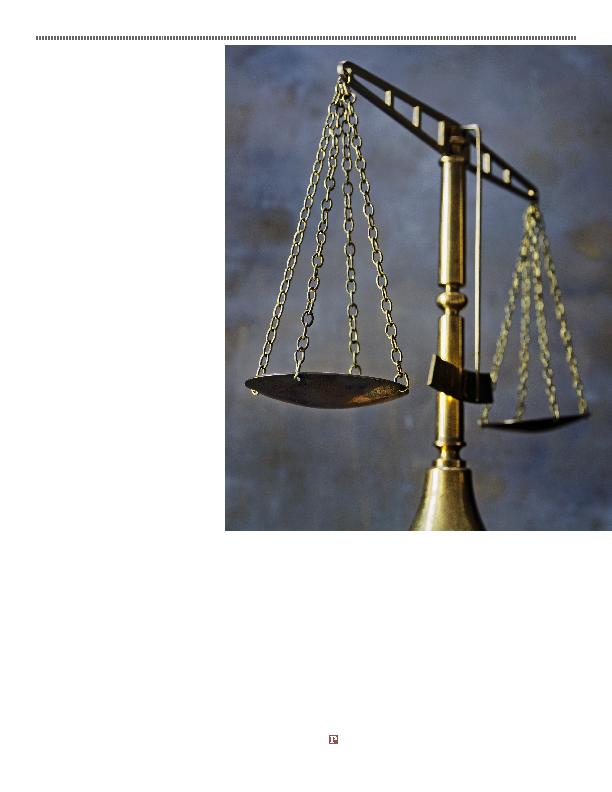
in business-to business agreements,
something that is notably absent from
common law methods of recognizing and
enforcing a non-member state judgment.
This will save time, effort and costs in
disputing a jurisdictional issue before
the substantial issue has even made an
appearance in the court papers.
While a review of the application for
recognition itself is permitted under the
Convention, the enforcing contracting
state is not entitled to review the merits
of the judgment given by the court of
origin. The enforcing state is bound by
any findings of fact of the originating
state. The Convention helpfully sets
out a comprehensive list of documents
required to be produced to the enforcing
state as a prerequisite to the recognition
application.
entered into after the Convention came
into force in the contracting state and only
where proceedings were instituted after
the Convention came into force.
On a practical level, the recent
ratification by Singapore will potentially
make the country more attractive as
an Asian jurisdictional hub for dispute
resolution. It means that the courts of
other contracting states will be obliged
to recognize and enforce a Singapore
judgment on that dispute.
Another practical relief for attorneys
is that all documents delivered under the
Convention are exempt from legalisation
or apostilling. This has previously been
an administrative and costly burden in the
recognition and enforcement of foreign
judgments under Common Law.
The Convention outlines the criteria to
be discussed in any refusal of recognition
of a judgment by a contracting state.
These points should be considered
carefully before seeking to rely on
the Convention to enforce a judgment
in another contracting state
the Brussels Recast Regulation but are
more expansive. Of particular note is the
necessity to prove that the originating
court documentation was notified to the
defendant in sufficient time for them to
arrange their defense.
a judgment of a contracting state, it
is advisable to seek local procedural
advice in relation to the practical
applicability of the Convention. While the
general procedure has now been greatly
simplified, there will be procedural
intricacies of which only local counsel
will be attuned.
Although the United States are a
signatory, they have not yet ratified the
Convention. If they were to do so, it
would pave the way for a standardized
enforcement between the EU and the
U.S., which can only be welcomed by the
commercial world at large.
on jurisdiction and the recognition and enforcement of
judgments in civil and commercial matters (recast)
enDocument